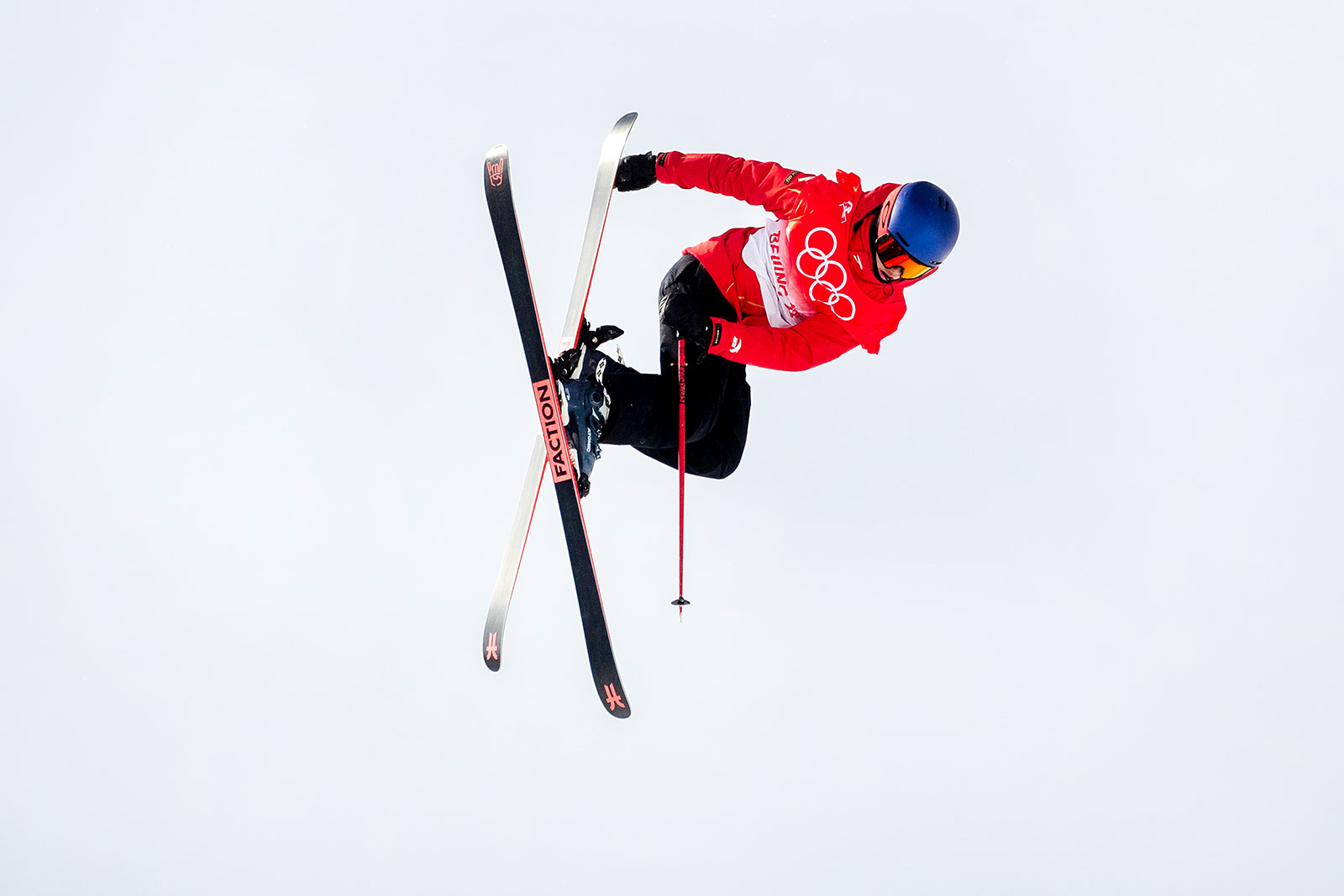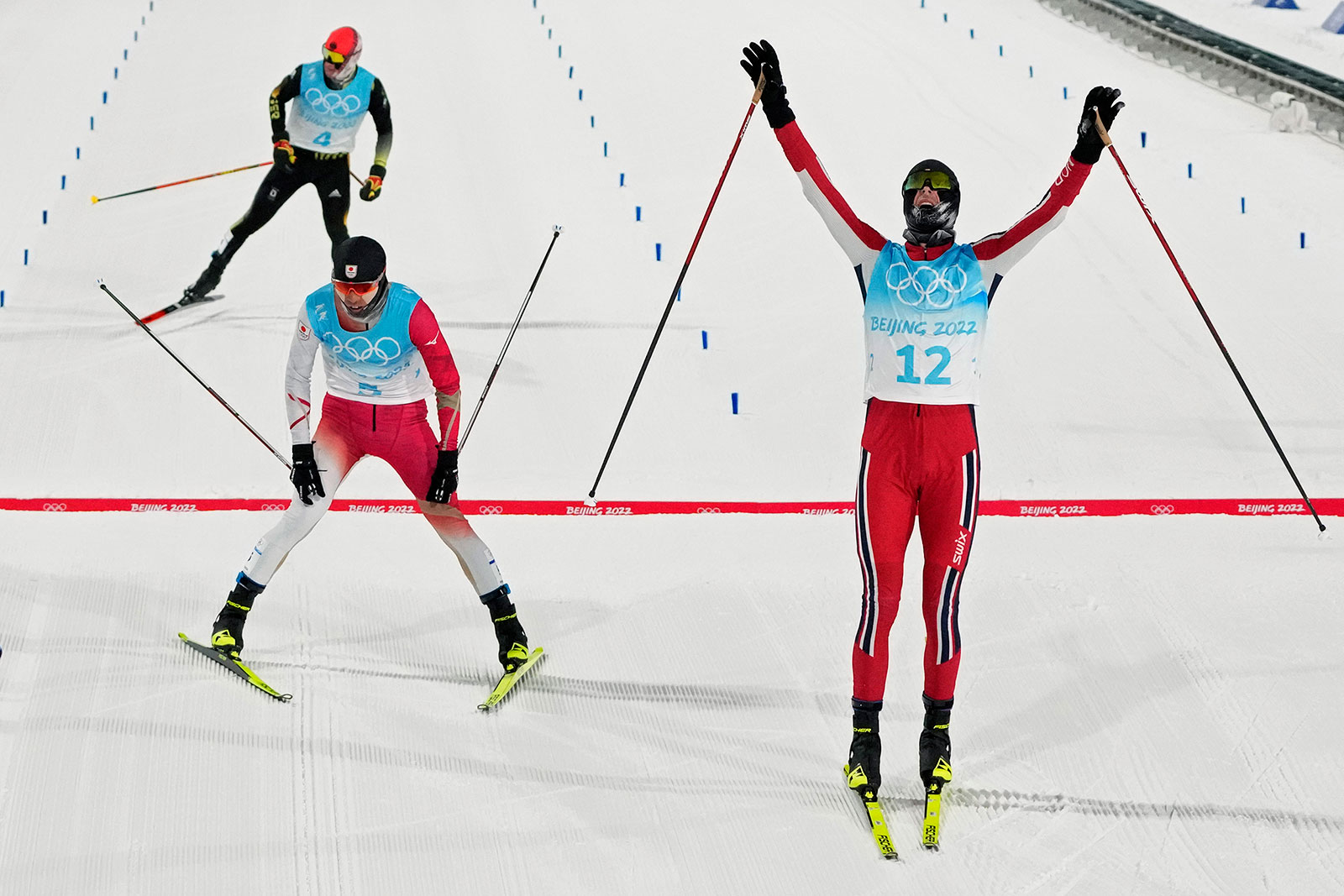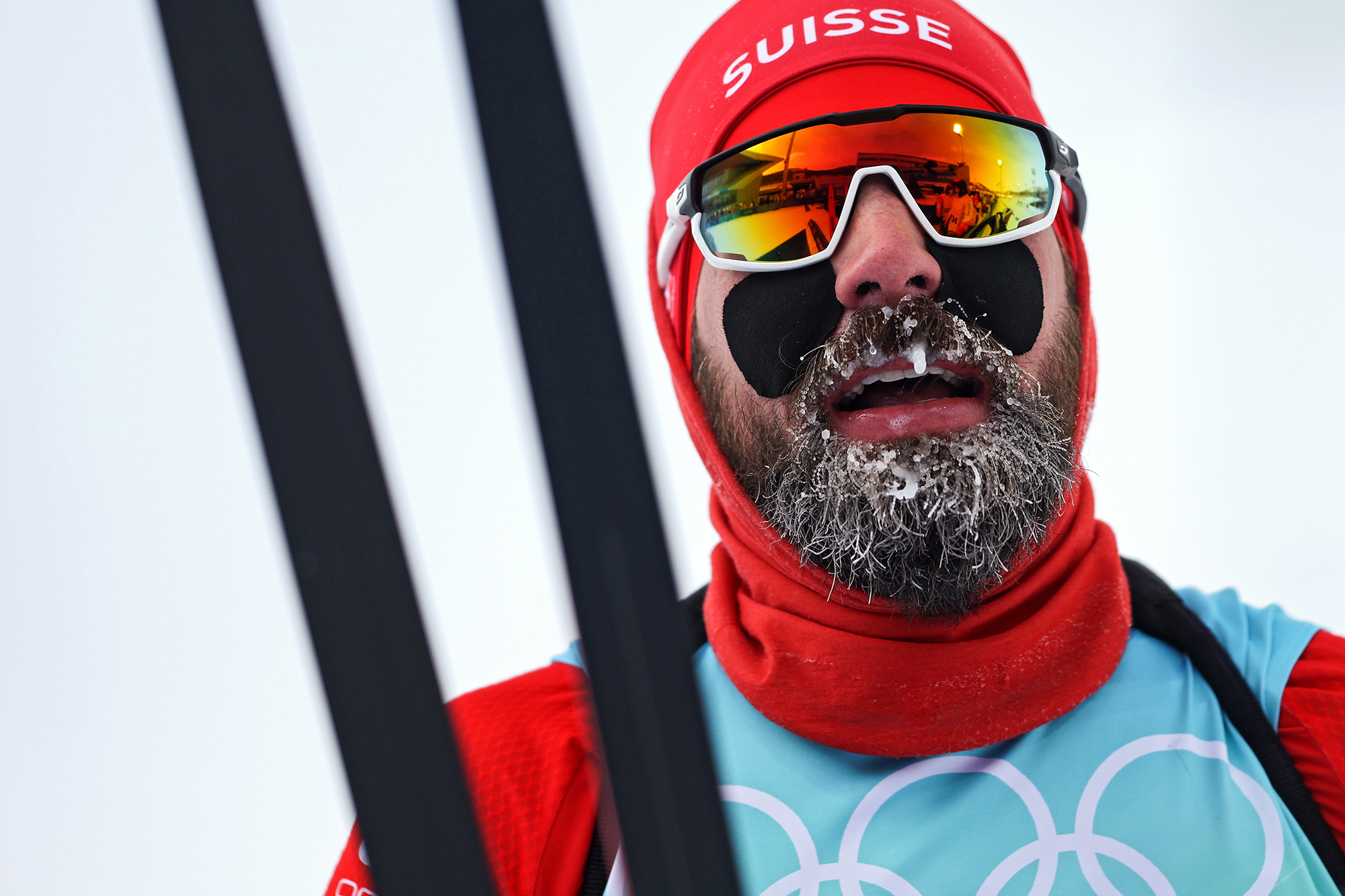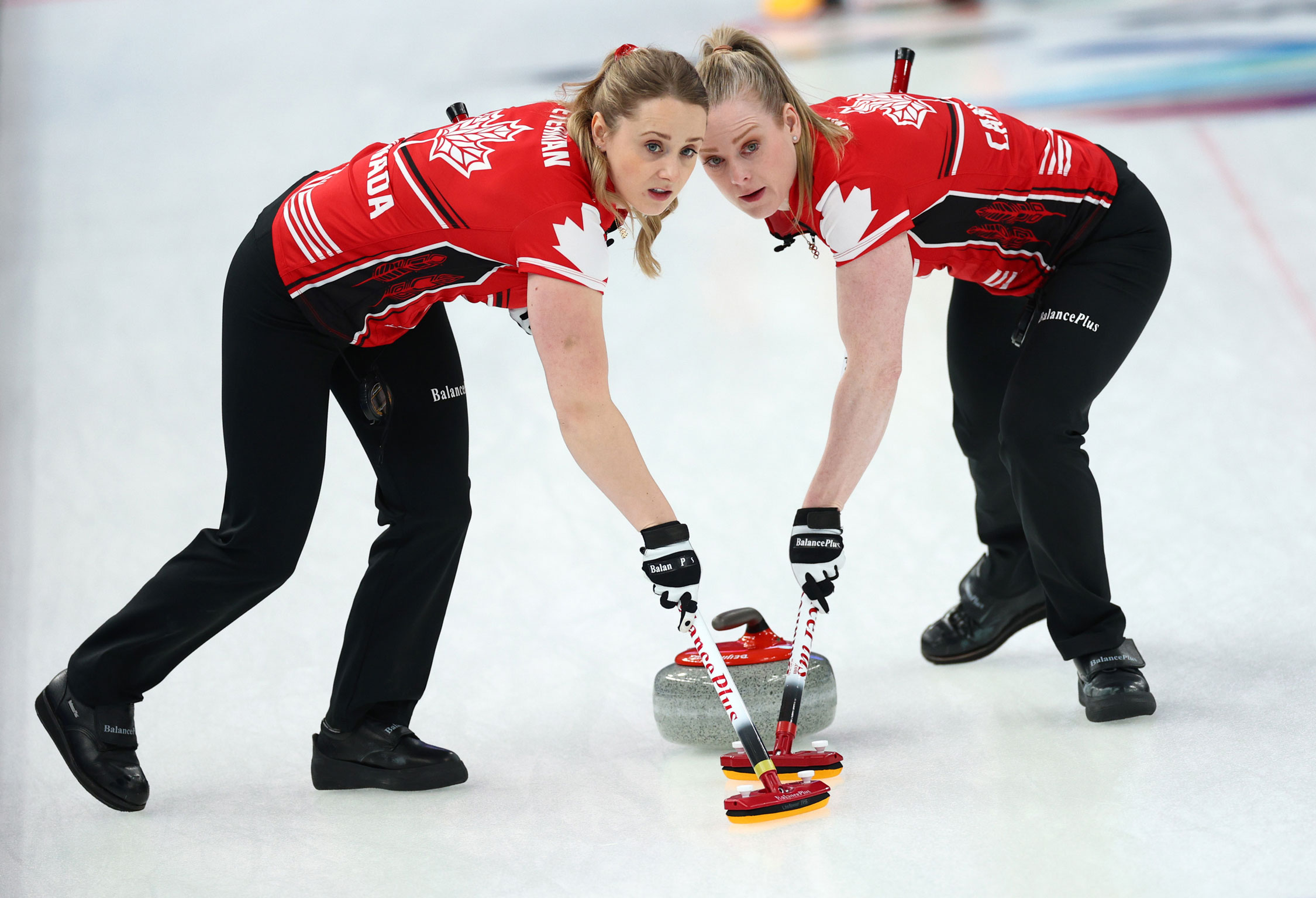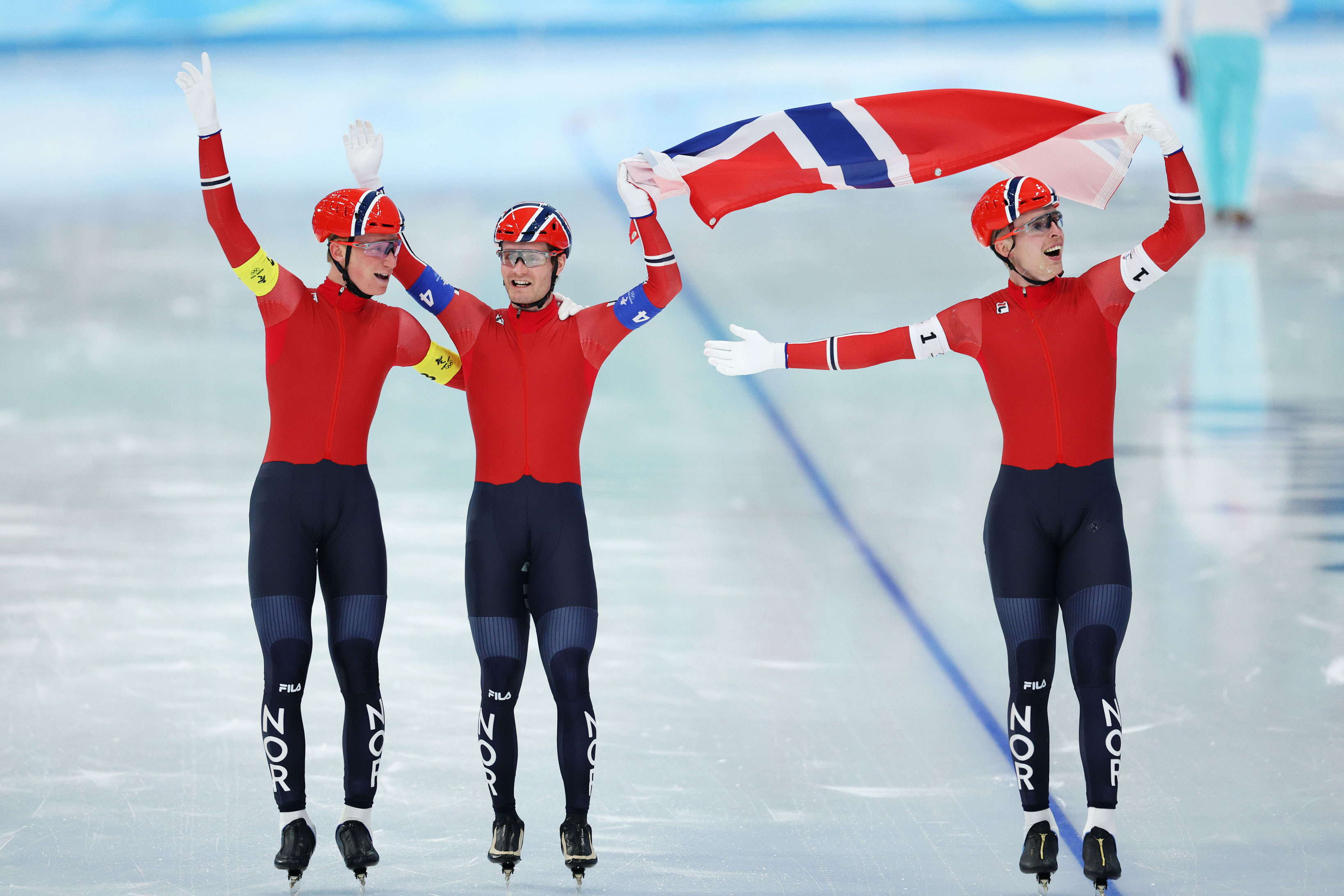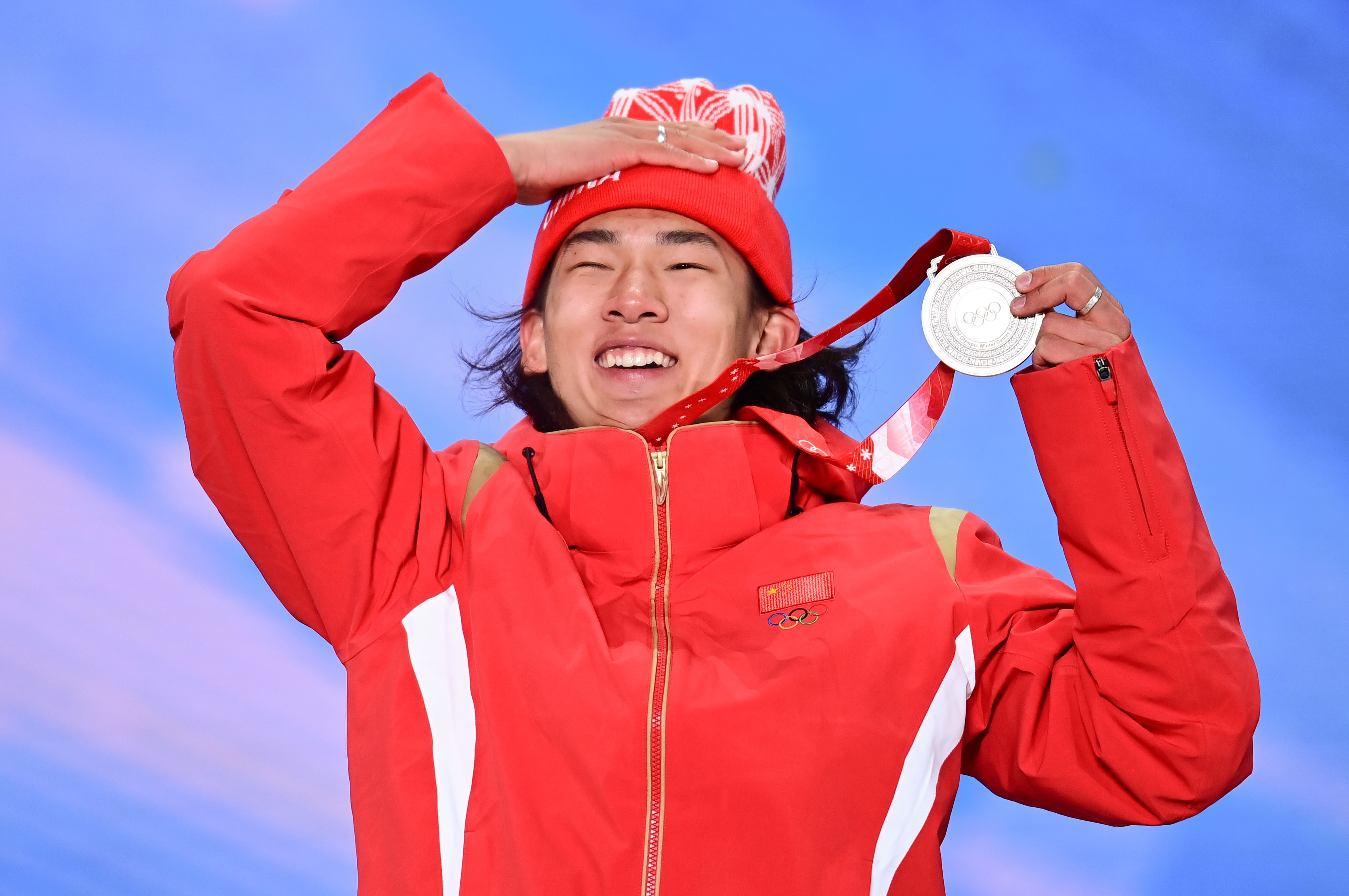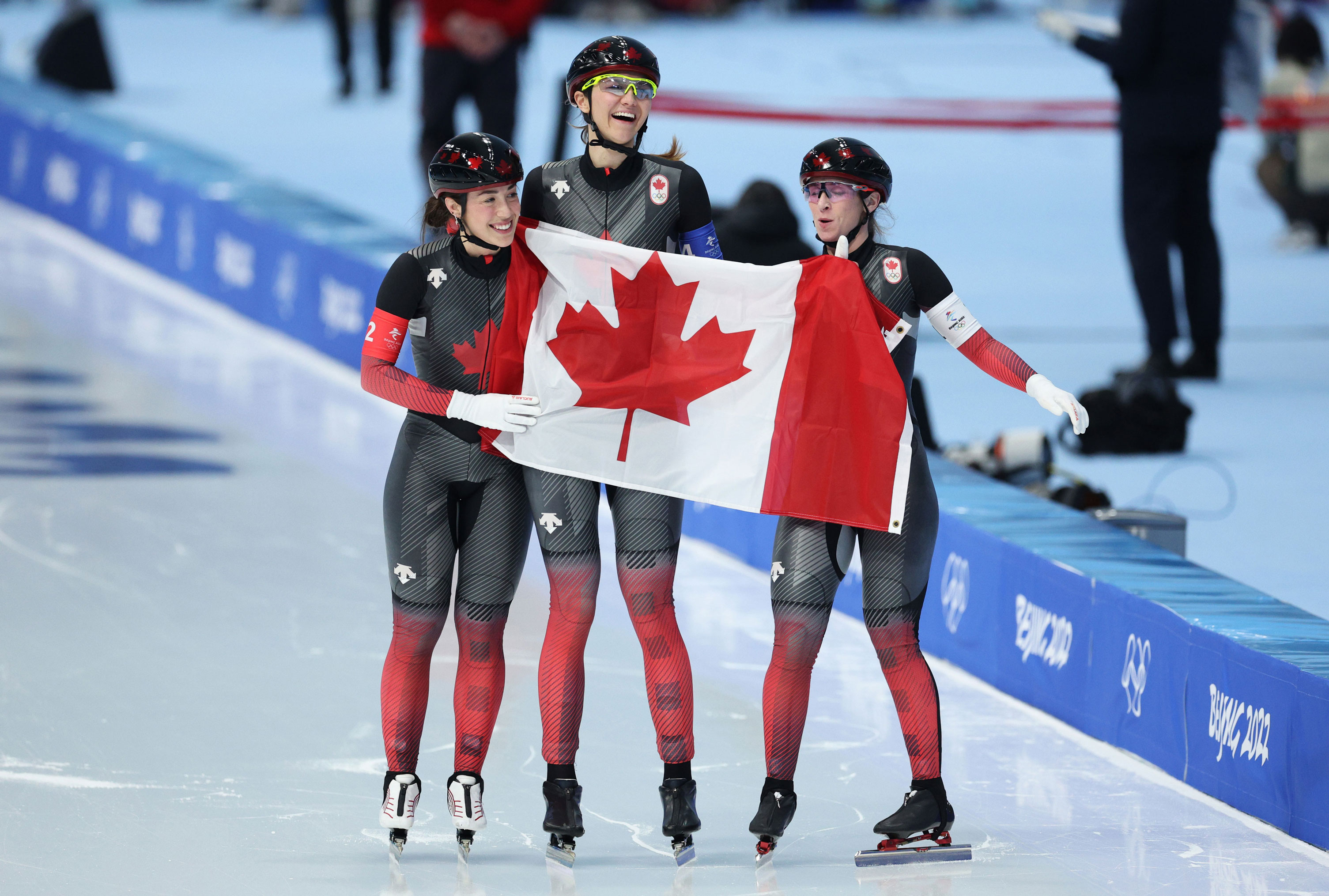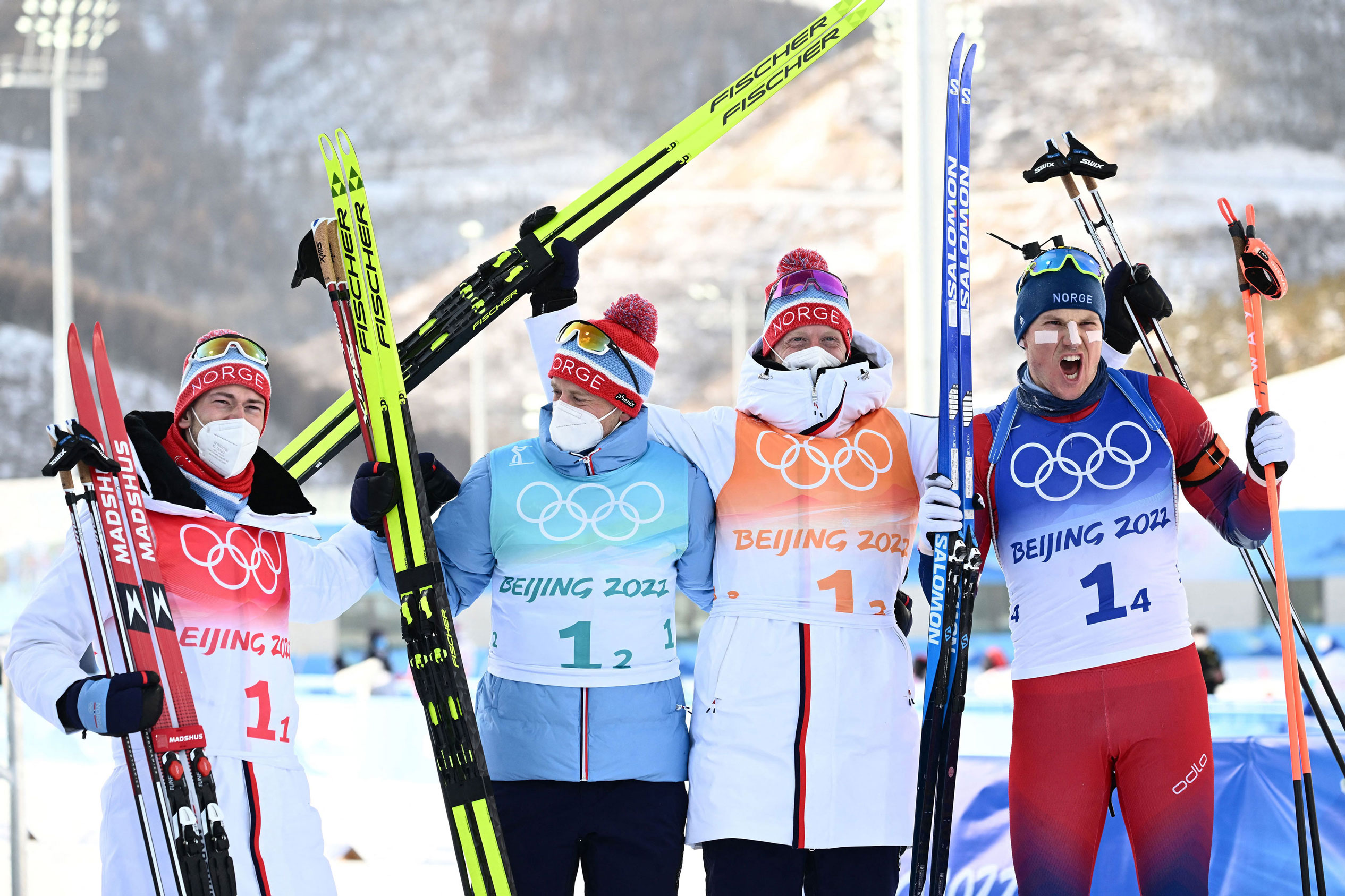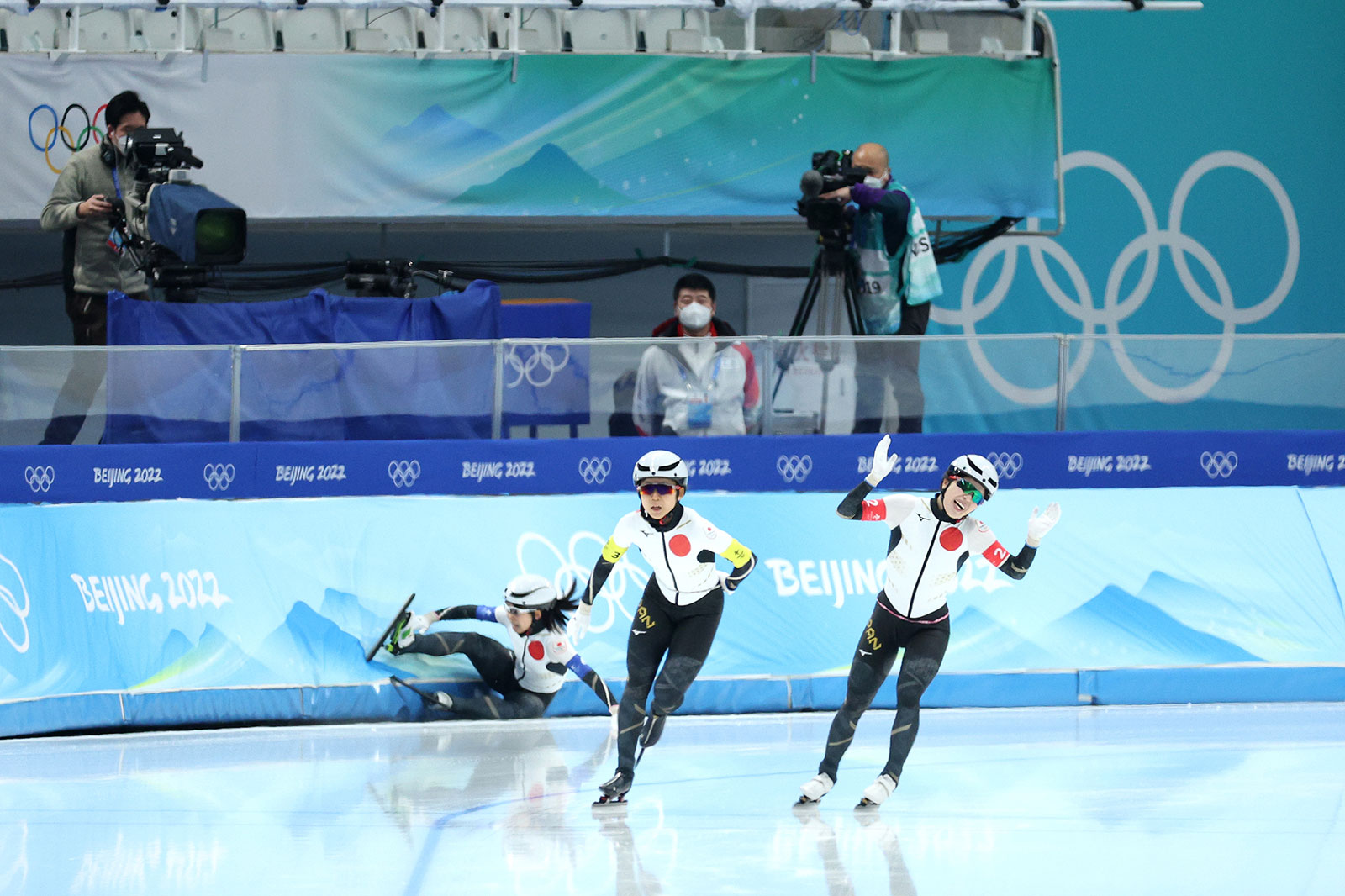
Athletes train their entire careers for a shot at winning Olympic gold.
But for every moment of glory for one athlete, there is often a moment of misfortune for another.
On Tuesday, Japan's speed skaters were unfortunately on the receiving end of heartbreak.
With Japan leading Canada in the team pursuit final and seemingly on course to be crowned Olympic champions, Nana Takagi got one of her blades caught in the ice on the final corner, causing her to fall and crash into the barriers.
“To be honest, I was in an excellent mood (before the race)," Takagi said. "I thought I’m going to complete my best skate in the past one and a half weeks, together with my sister (Miho).
“My mind hasn’t recovered from the fall. It’s hard for me to think or talk about it right now.”
But despite that heartbreak, the Japanese skaters still embodied the Olympic spirit.
After the race, as a crestfallen Nana cried at the side of the track, her teammate and sister Miho immediately went over to console her.
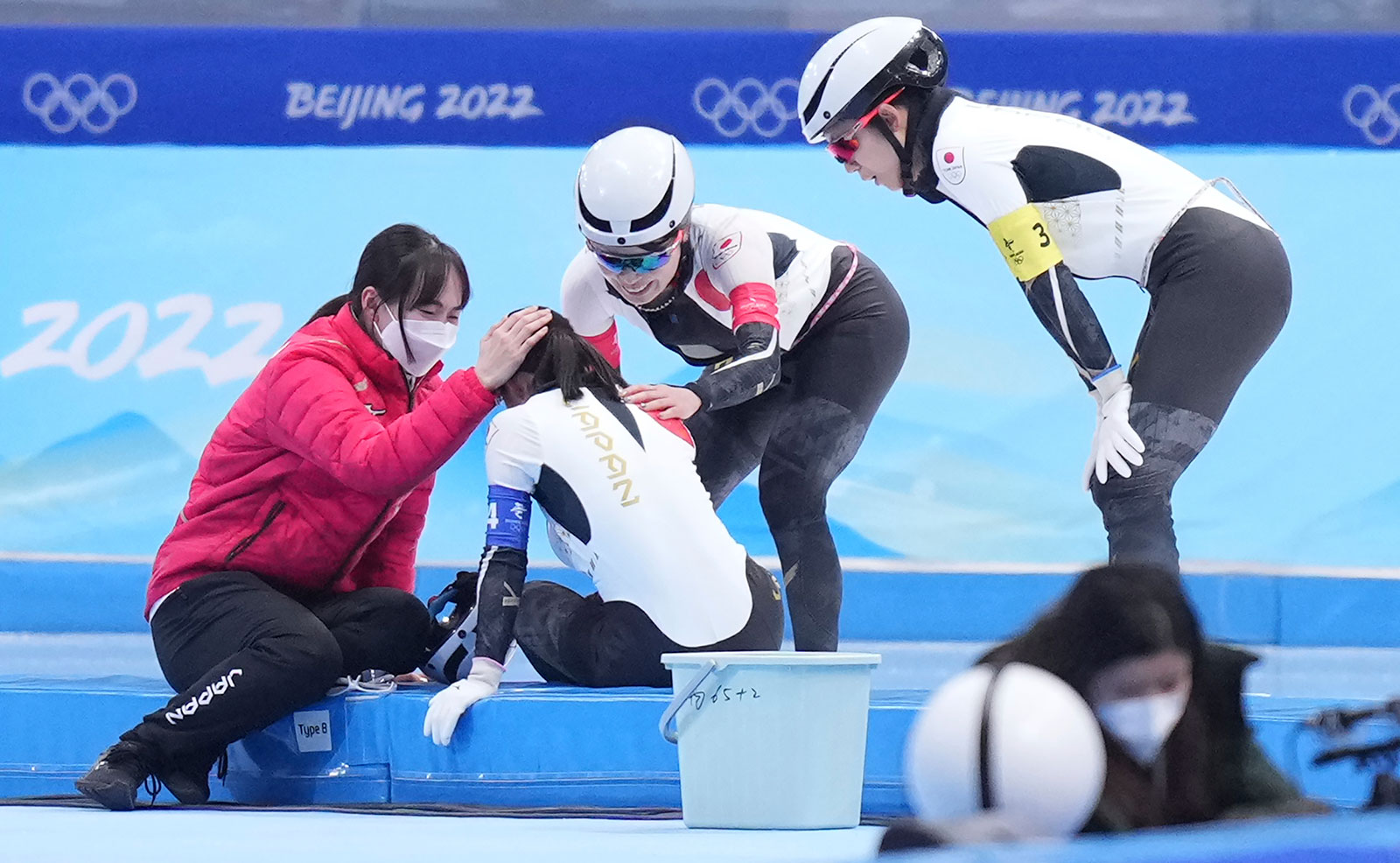
"I couldn't find any words to tell her at that moment," Miho said. "I just wanted to be close to her and give her a hug.
"In this event, to fall, we understand the pressure will be on. We cannot turn it around, we cannot change it. That is frustrating.
"You may feel they should not be held responsible, but that skater who falls will feel guilty. So I knew I had these mixed feelings and that is why I hugged my sister," Miho said.
We regret so much not taking gold.
"We did what we can. We made plans together on how to skate faster (and) we were confident in skating our best.
"Ending the race with a fall just made it hard to judge our performance, but still I think we raced our best.”
The third skater on the team, Ayano Sato, said she had "mixed feelings of regret and joy."
“If we focus only on the result, as we were aiming for a gold medal, it’s just disappointing.
“[But] the time we spend together thinking about how to deliver our best performance, how to skate even faster, this time itself is priceless to me."



